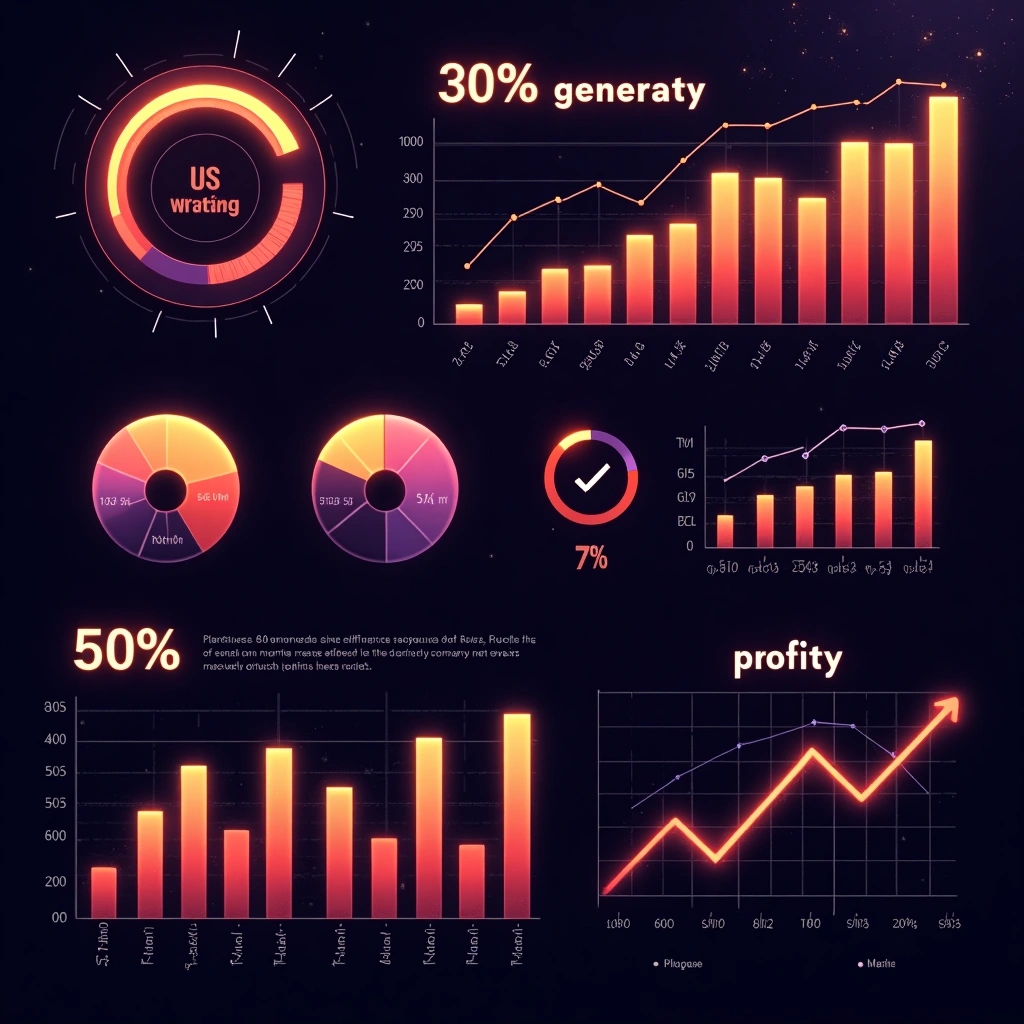As the year comes to a close, it's clear that the housing market is undergoing significant changes. One of the most notable developments has been the decline in mortgage rates, which have reached their lowest level in two years. According to Freddie Mac, the average 30-year fixed-rate mortgage rate has dropped to just over 6%, marking a significant shift in the market.
The impact of this downward trend on the housing market is multifaceted. On one hand, lower interest rates are undoubtedly a boon for potential homebuyers. With rates at their lowest point since early 2023, it's becoming increasingly more affordable for individuals to purchase homes. This development could lead to an increase in demand and potentially even drive up prices.
On the other hand, the decline in mortgage rates has also led to some uncertainty in the market. As interest rates drop, it can become more attractive for homeowners to refinance their mortgages or take out new loans. While this increased activity may seem like a positive trend, it's crucial to consider that lower interest rates can also lead to increased competition among buyers and sellers. This added pressure could cause prices to fluctuate wildly, making it difficult for both parties to make informed decisions.
Looking ahead to 2024, experts are predicting continued volatility in the housing market. One of the key factors driving this uncertainty is the ongoing shortage of existing homes for sale. As mortgage rates continue to decline, it's possible that we may see an increase in inventory as more homeowners decide to sell their properties and take advantage of the lower interest rates.
According to industry insiders, a meaningful increase in supply won't likely occur until mortgage rates return to the low 5% range. Until then, buyers can expect prices to remain high, and sellers may find it challenging to attract potential buyers.
As we head into the fourth quarter of 2024, experts are forecasting continued high prices in the housing market. However, declining mortgage rates could potentially buck this trend. As rates continue to fall, it's possible that we'll see a shift towards more affordable options for buyers and a more balanced market overall.
Ultimately, the future of the housing market is uncertain, and it will be crucial to stay informed about changing interest rates and market trends. By doing so, both buyers and sellers can make educated decisions and navigate this ever-changing landscape with confidence.
For more on this topic, see our article on Related Article.

